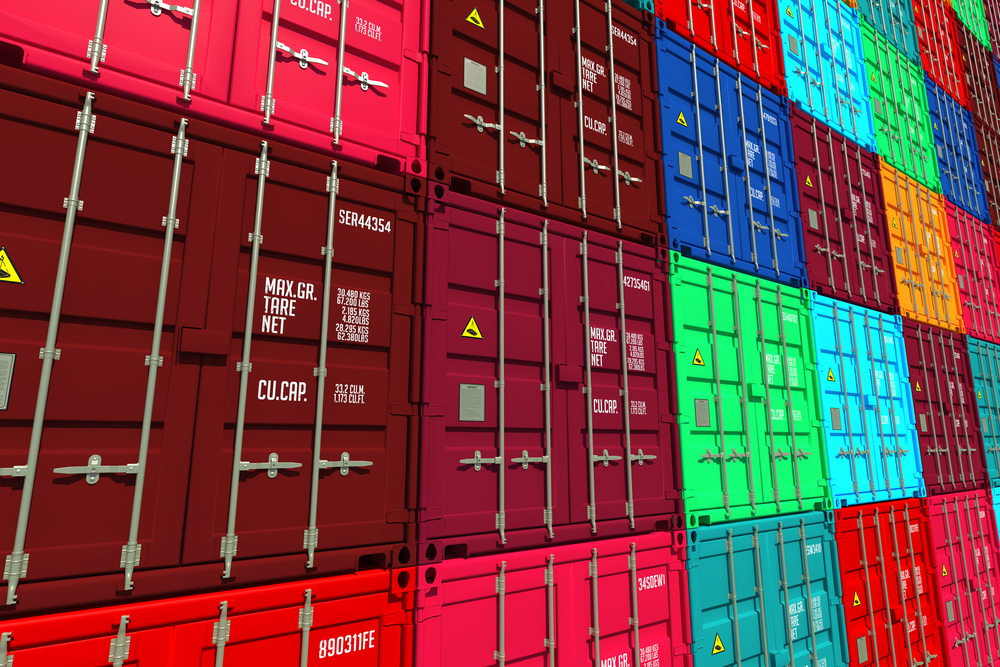
This week Brightdrop, a subsidiary of General Motors, and FedEx set the record for the longest distance traveled by an electric van on a single charge. This event symbolizes the transportation industry's commitment to a sustainable future by hauling cleaning products from New York to Washington DC. Businesses worldwide depend on the movement of freight, product, and resources. In addition, product and freight is often the most expensive component of the supply chain. So, with the changes in the transportation industry, how can operation managers use logistics automation to track the shipment of products and materials?
Operation managers are beginning to see remarkable ways technology can save them time and money. Some of the problems that can now be at least eased by automation are issues that have persisted for decades. Here are some of the benefits of logistic automation for your business:
- Reduction of Error Cost - The financial constraints set by the transportation industry are increasing. People make mistakes. By automating more of your daily processes related to logistic management, you can decrease the cost associated with fuel prices that are incorrectly entered, mathematical errors, and incorrect time reporting. This will subtract the stress and add financial stability for your company in the long run.
- Stronger Customer Interaction - When consumer products aren't delivered on time, clients and customers may look to competitors to satisfy their demands. Automation features such as real-time tracking, auto-pick-up, and more, can ensure products arrive within a promised timeframe. This increases trust in the business from a customer and client perspective.
- Organizational Control - Harnessing control over the shipment of products and materials is vital to the sustainability of any manufacturing company, plant, or factory. By securing a firmer grasp over how your product gets from point A to point B, you can guarantee yourself greater peace of mind knowing that your commitments to clients are being met.
- Speed Increase - Faster delivery times mean fewer resources will be necessary to maintain transportation efficiency. As your company expands, you can create an optimized schedule that helps you manage personnel, materials, products, and other commitments.
- Real-Time Data - Drivers and delivery personnel can't always check in with management to update supervisors on progress, but machines can. Live real-time data from an automated logistics management system will provide you with power over financial decisions and avoid problems down the road.
PlanetTogether’s Advanced Planning and Scheduling (APS) Software is an automation solution for your business that integrates with ERP software. This software gives managers and supervisors greater control over production plans to eliminate bottlenecks and constraints. PlanetTogether APS software improves efficiency within the operation and increases ROI. APS software is vital for companies searching for a solution that increases cost reduction and profit.
Advanced Planning and Scheduling Software
Advanced Planning and Scheduling (APS) software has become a must for modern-day manufacturing operations due to customer demand for increased product mix, fast delivery, and downward cost pressures. APS can be quickly integrated with ERP/MRP software to fill gaps where these systems lack planning and scheduling flexibility and accuracy. Advanced Planning and Scheduling (APS) helps planners save time while providing greater agility in updating ever-changing priorities, production schedules, and inventory plans.
- Create optimized schedules balancing production efficiency and delivery performance
- Maximize output on bottleneck resources to increase revenue
- Synchronize supply with demand to reduce inventories
- Provide company-wide visibility to capacity
- Enable scenario data-driven decision making
Implementation of Advanced Planning and Scheduling (APS) software will take your manufacturing operations to the next level of production efficiency, taking advantage of the operational data you already have in your ERP.
Related What If Video
APS Resources
Infographics
Case Studies
White Papers